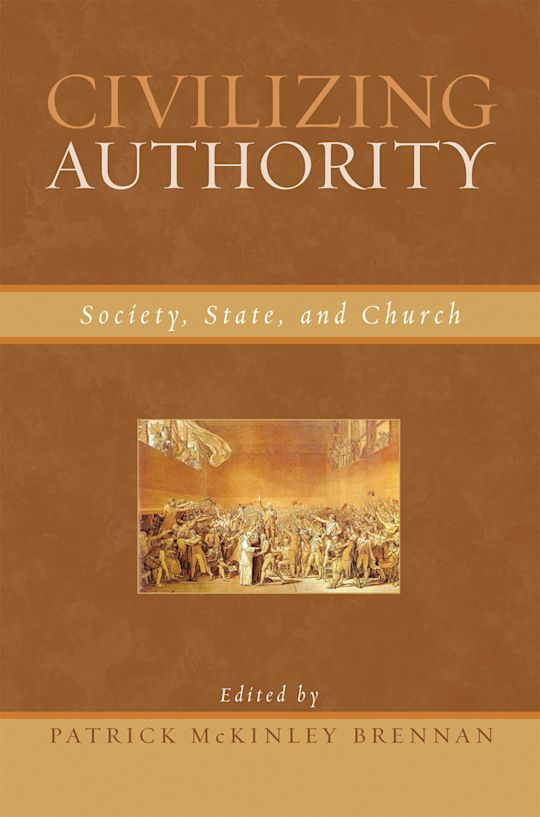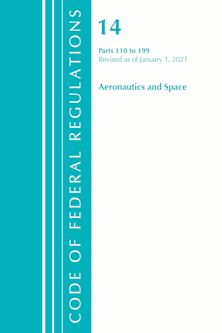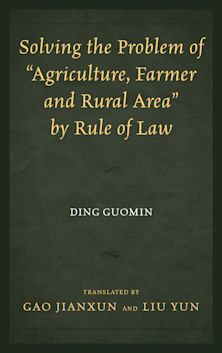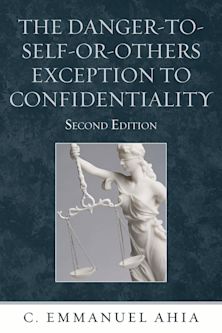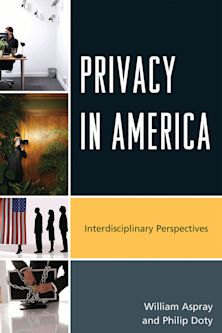- Home
- ACADEMIC
- Law
- Law - Other
- Civilizing Authority
Civilizing Authority
Society, State, and Church
Patrick McKinley Brennan (Anthology Editor) , J Budziszewski (Contributor) , John E. Coons (Contributor) , Avery Dulles (Contributor) , Russell Hittinger (Contributor) , Thomas Kohler (Contributor) , Steven K. Smith (Contributor) , Glenn Tinder (Contributor) , Joseph Vining (Contributor) , Michael J. White (Contributor)
Civilizing Authority
Society, State, and Church
Patrick McKinley Brennan (Anthology Editor) , J Budziszewski (Contributor) , John E. Coons (Contributor) , Avery Dulles (Contributor) , Russell Hittinger (Contributor) , Thomas Kohler (Contributor) , Steven K. Smith (Contributor) , Glenn Tinder (Contributor) , Joseph Vining (Contributor) , Michael J. White (Contributor)
This product is usually dispatched within 1 week
- Delivery and returns info
-
Free US delivery on orders $35 or over
You must sign in to add this item to your wishlist. Please sign in or create an account
Description
Voices of Enlightenment have long counseled modern men and women to flee authority, including authority claimed by the church. Aspiring to substitute rock-ribbed law for human, or even divine, authority, today's legal minds pursue a "rule of law, not of men." Any possibility of authority is almost everywhere assimilated to the threat of authoritarian abuse.
Civilizing Authority counters the flight from authority with the claim that it is precisely authority itself that offers a barrier against authoritarianism. The book's authors share the insight that humans cannot increase, or even long survive, without authority, and they observe, from along a broad spectrum of perspectives, that all phases of our human living depend on authority. Families, churches, clubs, monasteries, unions, cities, and states - human living would be unrecognizable without them, and they all depend upon authority and authorities.
Still, what is "the authority experience?" What are we obeying when when we give willing assent to authority?
The ten authors of Civilizing Authority, Chrisitians of diverse belief and professional discipline, unite here to explore the ways in which authority, though elusive, remains possible - indeed, exigent - in a post-Christian world. Refusing to conflate genuine authority with positions of power or prestige, they probe the deep, and perhaps transendental, sources of authority. Friendship, solidarity, liberty, and perhaps even belief - these, the authors suggest, may be the true springs of the authority that is the principle of increase in human living.
Table of Contents
Part 2 Introduction
Part 3 Part I: The Spectrum of the Authority Experience Today
Chapter 4 Authority and Reality
Chapter 5 The Disappearance of Authority and the Elusiveness of Nonnatural Authority
Chapter 6 Authority in the Church
Part 7 Part II: Philosophies of Authority
Chapter 8 Authority and Liberty
Chapter 9 Does Authority Invite or Command?
Chapter 10 A Rock on Which One Can Build: Friendship, Solidarity, and the Notion of Authority
Chapter 11 Society, Subsidiarity, and Authority in Catholic Social Thought
Part 12 Part III: Authority in Law?
Chapter 13 How a Constitution May Undermine Constitutionalism
Chapter 14 Locating Authority in Law
Chapter 15 "Hollow Men?" Law and the Declension of Belief
Product details
| Published | Oct 05 2007 |
|---|---|
| Format | Hardback |
| Edition | 1st |
| Extent | 252 |
| ISBN | 9780739118061 |
| Imprint | Lexington Books |
| Dimensions | 9 x 6 inches |
| Publisher | Bloomsbury Publishing |
About the contributors
Reviews
-
An education and a delight, Civilizing Authority is like participating in a rich and provocative conversation, about questions that are both timely and timeless, among learned friends.
Richard Garnett, University of Notre Dame
-
These elegant essays offer a bold and bracing new understanding of the province and power of authority in Scripture and tradition, conscience and community, church and state-as well as a sage rebuke of the growing numbers of authoritarians and antinomians among us.
John Witte Jr.
-
In an era in which authority seems to be slipping away (or to be emerging in the pathological form of authoritarianism) this welcome volume gives us ten distinguished authors addressing from their distinct perspectives the nature of authority, its loss, and its perversion, topics that are crucial not only to the law, but to the legitimacy of the social order itself.
James Boyd White, University of Michigan









